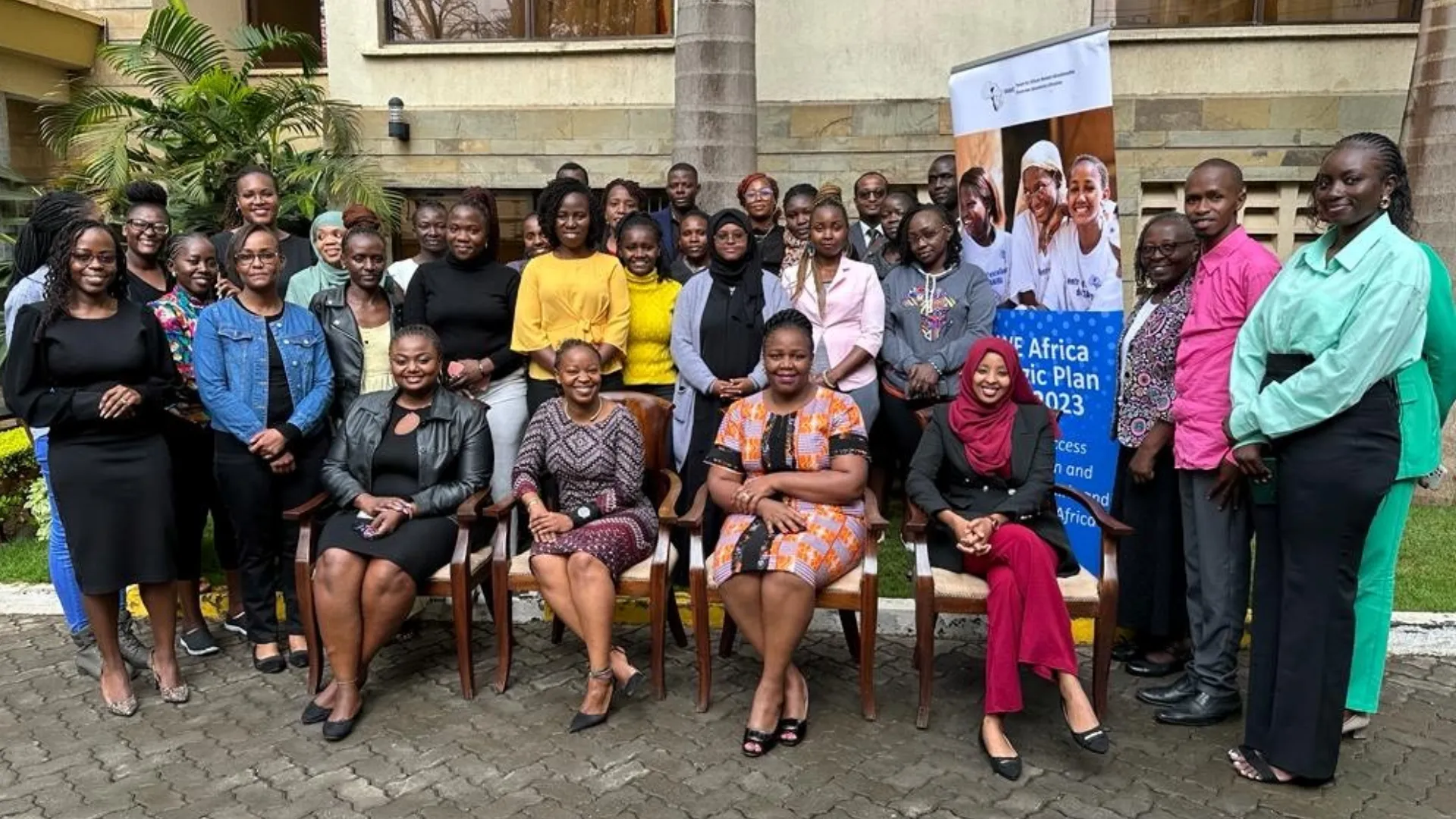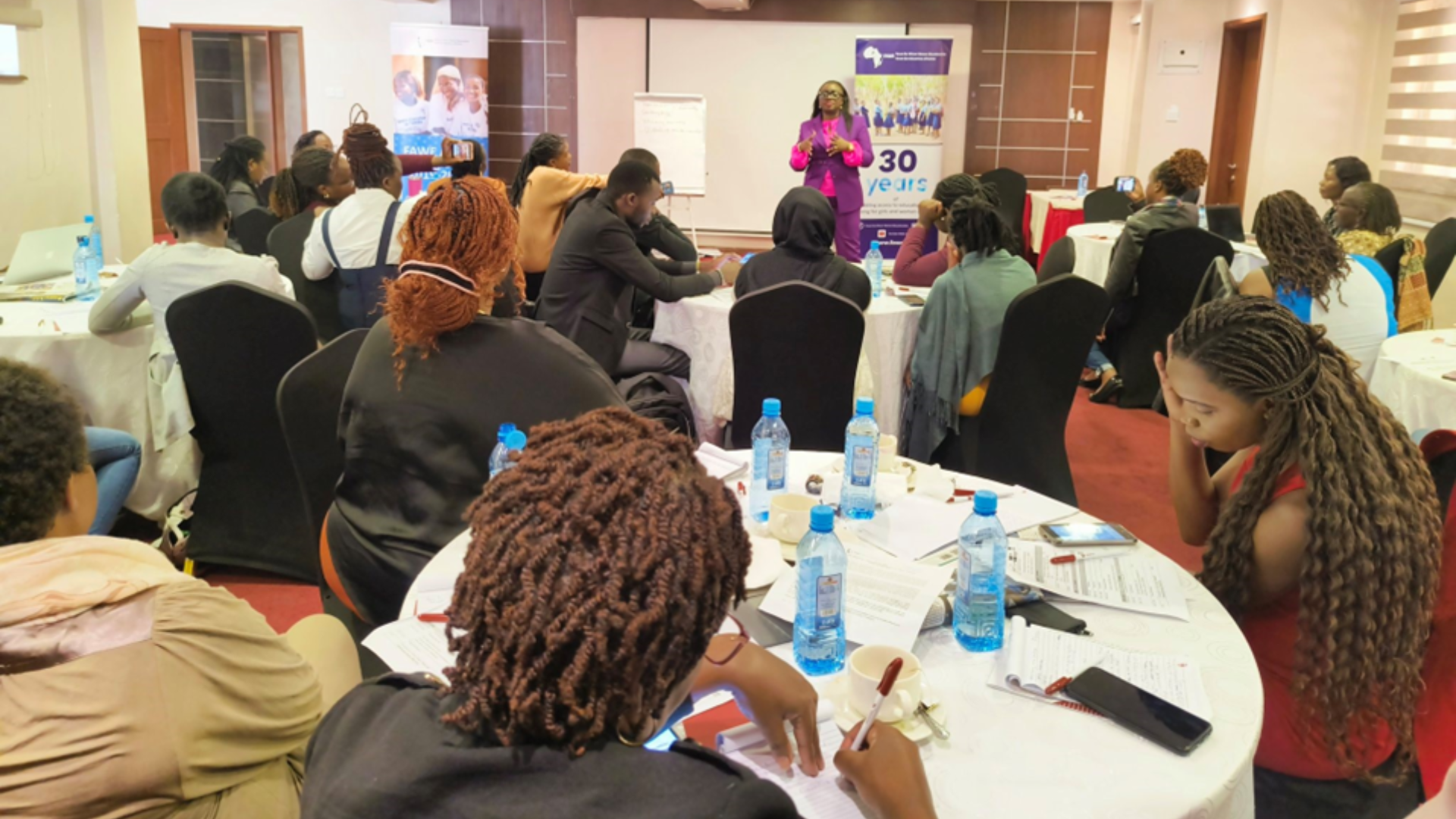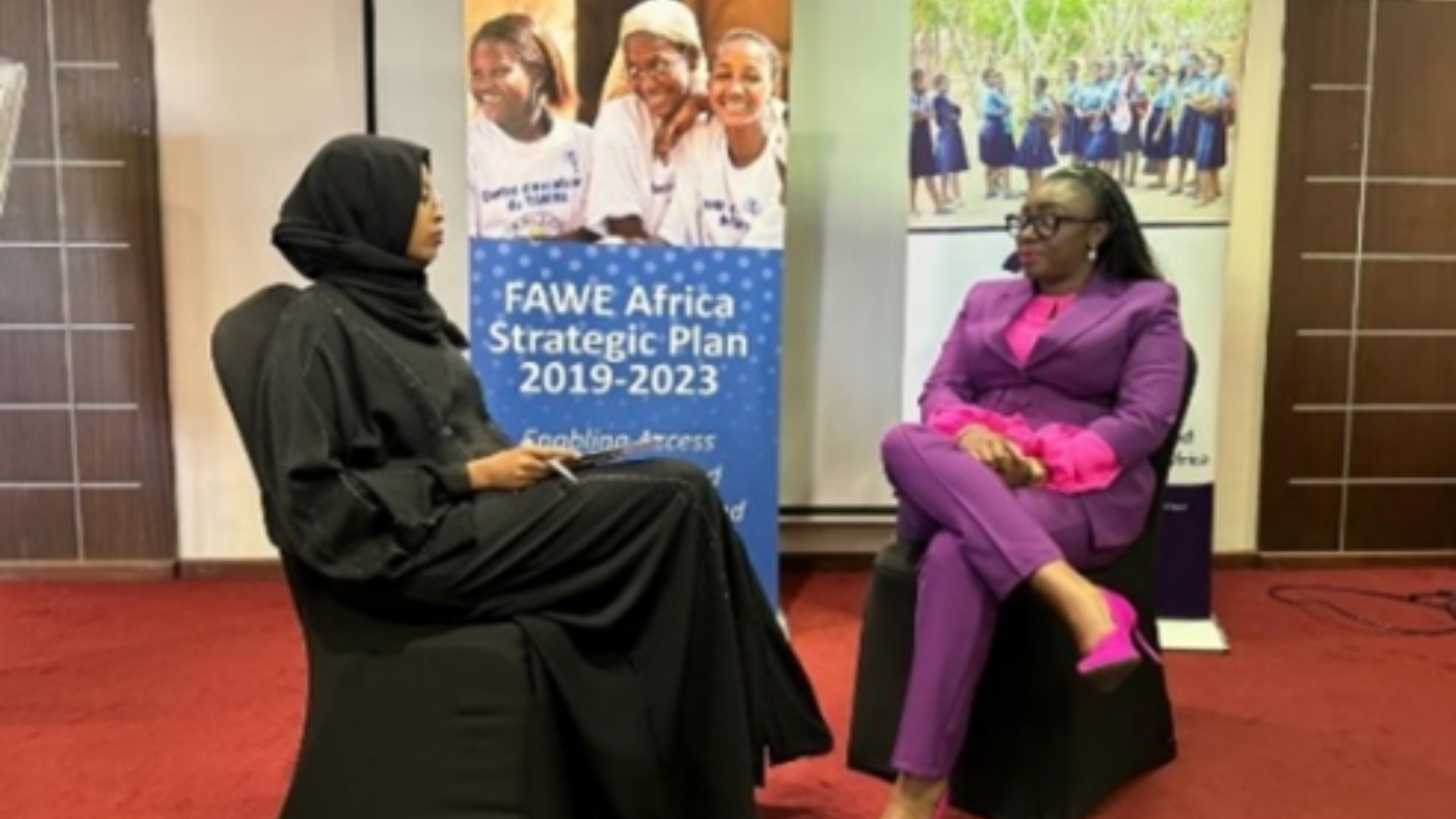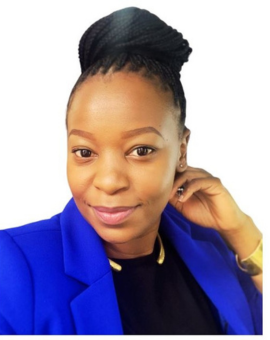Gender-responsive training by FAWE for Kenyan media

The training brought together 40 participants from various media houses, including female politicians, FAWE, International IDEA, FEMNET, and The Association of Media Women in Kenya (AMWIK) personnel. The main objective of the training was to establish a pool of journalists and social media influencers who are gender-responsive in their reporting and who will objectively report stories of women in politics.
Women in politics have been on the receiving end regarding media framing and agenda setting in the political arena because leadership is often believed to be a male function in the world today. The narrative is, however, changing with more women in Kenya coming forth to vie for leadership positions.
Media framing entails constructing a message to achieve a deliberate effect on the receiver, and it greatly impacts the perception of the subjects covered, especially for women in politics.
Certain angles of their stories of triumphs and losses in the political arena have been misconstrued to reveal the media's biased and very sensational agenda.
“Media is a very necessary and powerful tool in women’s political participation. This training aims to ensure that each of you present is better equipped to contribute to more inclusive and gender-sensitive reporting.” Said. Ms Teresa Omondi-Adeitan is the deputy executive director and head of programmes at FAWE Africa. In a bid to advocate for proper reporting, it is important that women in politics be covered from an informed point of view, steering clear of sensationalism.

Ms Teresa Omondi-Adeitan, Deputy Executive Director and Head of Programmes, FAWE Africa presenting during the workshop.
The rigorous media training sessions entailed unpacking gender and the meaning of gender in the media space, role of gender responsiveness in politics, a media scan on popular newspapers and interview role plays.
To ensure that the media framing and agenda setting are balanced and objective, especially for women in politics, it is important to incorporate international, regional and national laws and rights-based tools.
In October, 23 years ago, United Nations Security Council Resolution 1325 on women, peace, and security was unanimously adopted. The Universal Declaration of Human Rights (UDHR) resolution, the Sustainable Development Golas (SDGs), African Charter on Human and Peoples' Rights on the Rights of Women in Africa popularly known as the Maputo protocol are references that we can incorporate when writing stories about women in politics. It is not enough to give women in politics airtime about the activity that they have done. The context of what they have done or not done must be substantiated by facts and rights-based tools to enhance objectivity and give them great mileage in media from an informed perspective.
The training session was graced by Nominated Senator Gloria Orwoba. In her remarks to the journalists, she said that women politicians need capacity building to engage the media because being politically vibrant does not necessarily qualify one to know how to approach the media.

During the training, Senator Gloria Orwoba addresses journalists, editors, and social media influencers.
The sensational stories framed by some media houses drown the voices of women politicians and dilute the transformative political agenda that women have set. The media should be focused on the legislation agenda that women are pushing and not be intrusive in their personal lives.
Hezena Lamaletian, the nominated senator for the Youth under the Orange Democratic Movement (ODM) was labelled by the media as beauty without brains. The media further highlighted that she was the least active senator when the first Kenyan parliamentary scorecard of the 13th parliament covering the period between September 29, 2022, to June 30, 2023, was published.

Hezena Lamaletian is the nominated senator for the youth under the Orange Democratic Movement. Source: Senate of Kenya Twitter page.
There is also the aspect of sponsorship by rival male politicians who want to sponsor a narrative to counter female politicians' progress, added Senator Orwoba.
Senator Orwoba further alluded that ‘When a woman is passionate about politics, it is framed from the lens of sheer excitement that will eventually fade off, but when a man is passionate about politics, they are deemed assertive.’’ The ‘Beauty with brains’ label, used to describe women in politics, is not applied to men by labelling them as ‘handsome with brains’. Labels are placed on women to malign them and enhance the narrative of tokenism to validate the presence of women in the political space, even though women rightfully earned their space in the political platform.’’ Senator Orwoba further noted that she tabled six bills in parliament, but the one that could be fashioned in a sensational aspect was what was espoused by the media. The other bills were silenced.

Ms Fathiya Nur from the Standard Media Group engages Senator Gloria Orwoba in a mock interview during the FAWE gender-responsive workshop.
Ms Josephine Mwangi, the Programme Manager of International IDEA, concluded the training. She emphasized the need for journalists and social media influencers to pursue positive stories about women in politics who have impactfully changed the course of politics. She also encouraged the journalists and social media influencers to seek partnership opportunities from organizations like FAWE that are ready to help them tell positive stories about women, especially women in politics. She further thanked all participants and officially closed the training.
Within the Women In Political Participation (WPP) Program, FEMNET and IFAN have also leveraged on media training and strategic partnerships to ensure women politicians are empowered with the right tools to elevate their visibility on global, National, and local media platforms. WPP partner IFAN, in partnership with the Parity Caucus, has a Women’s political participation show broadcast in French and Wolof every Tuesday on Senegal’s 2STV.





